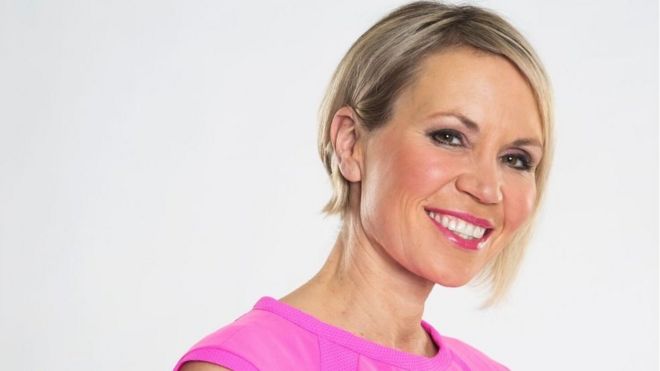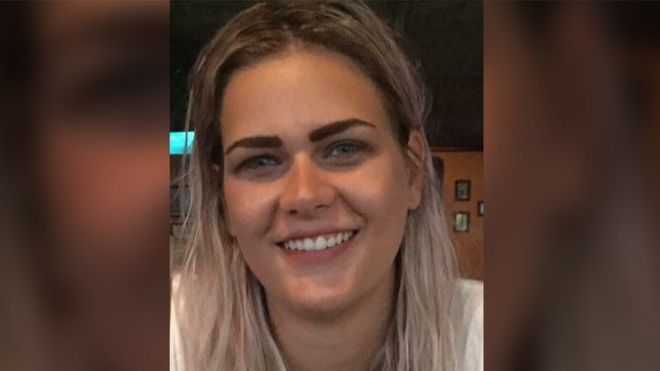
Pic:::Her Megistry Queen Elezabeth-II(wp)
University reporter,cambridge(wp):::
Members of collegiate Cambridge recognised for outstanding contributions to society in Science, Education, Engineering and Art.
Professor David Klenerman, FRS was knighted for Services to Science and for the Development of High Speed DNA Sequencing Technology.
Professor Klenerman said: “I feel very humbled to be recognised in this way.”
Sir David is a professor of biophysical chemistry at the Department of Chemistry at the University of Cambridge and a Fellow of Christ's College. He is best known for his contribution in the field of next-generation sequencing of DNA, which subsequently resulted in Solexa, a high-speed DNA sequencing company that he co-founded.
“I also want to acknowledge and sincerely thank the highly talented people who have worked with me over the years and without whom my research would simply not have been possible. In particular the development of Solexa sequencing was the result of a massive team effort.”
Klenerman was educated at the University of Cambridge where he was an undergraduate student of Christ's College and received his Bachelor of Arts degree in 1982. He earned his Doctor of Philosophy degree in chemistry in 1986 as a postgraduate student of Churchill College.
Sir David has received a string of honours for his work, including a 2018 Royal Medal from the Royal Society for his outstanding contribution to applied sciences. He was elected as a Fellow of the Academy of Medical Sciences in 2015 and Fellow of the Royal Society in 2012.
Professor Madeleine Julia Atkins, who was first honoured as a CBE in 2011, has been promoted DBE for her Services to Higher Education.
Dame Madeleine, lately Chief Executive of the Higher Education Funding Council for England, has had a long and distinguished career in higher education, most recently providing outstanding leadership in ensuring a smooth transition between HEFCE and the new Office for Students and Research England. She has also been a Trustee and Board member for Nesta, and was until recently a Deputy Lieutenant in the West Midlands. She has been a Pro-Vice-Chancellor at Newcastle University, is a former Vice-Chancellor of Coventry University, and is now President of Lucy Cavendish College here at Cambridge University. She studied for a degree in law and history at Girton College and has a PhD from the University of Nottingham.
Dame Madeleine said: “I am honoured to receive this award, which recognises the contribution of my former colleagues at HEFCE who worked so hard to make the transition to OfS and Research England both smooth and successful. I am delighted now to be bringing some of my experience in the higher education sector to support the students and Fellowship of Lucy Cavendish College”.
Professor John Frederick William Birney, FRS, the joint director, European Bioinformatics Institute was awarded a CBE For Services to Computational Genomics and to Leadership across the Life Sciences.
Professor Birney is Director of EMBL-EBI, Europe's flagship laboratory for the life sciences, and runs a small research group. He played a vital role in annotating the genome sequences of human, mouse, chicken and several other organisms. He led the analysis group for the ENCODE project, which is defining functional elements in the human genome. Birney’s main areas of research include functional genomics, assembly algorithms, statistical methods to analyse genomic information (in particular information associated with individual differences) and compression of sequence information.
Professor Birney, known as Ewan to his friends, family and colleagues, was educated at Eton, Oxford and St John’s College, Cambridge.
Dr Jennifer Mary Schooling, Director of the Centre for Smart Infrastructure and Construction (CSIC), University of Cambridge was awarded an OBE For Services to Engineering and to Digital Construction.
Dr Schooling is a Fellow of Darwin College and has been the Director of CSIC since April 2013. CSIC focuses on how better data and information from a wide range of sensing systems can be used to improve our understanding of our infrastructure, leading to better design, construction and management practices. CSIC has strong collaborations with industry, developing and demonstrating innovations on real construction and infrastructure projects, and developing standards and guidance to enable implementation. Dr Schooling is also Chair of the Research Strategy Steering Group for the newly formed Centre for Digital Built Britain. Dr Schooling is founding Co-Editor-in-Chief of the Smart Infrastructure and Construction Proceedings journal (ICE). She recently served as a member of PAS185 smart cities security standard steering group and of ICE’s State of the Nation 2017 ‘Digital Transformation’ Steering Group. Prior to joining CSIC, Dr Schooling worked for Arup, leading the firm’s Research Business, and before that for Edwards Vacuum (then BOC Edwards) as a manager for New Product Introductions. She has a PhD from the University of Cambridge.
Andrew Nairne, Director of Kettle’s Yard, was awarded an OBE for Services to Museums and the Arts. Kettle’s Yard is the University of Cambridge’s modern and contemporary art gallery.
Andrew Nairne said: “I am delighted to receive this recognition following the hugely successful reopening of Kettle’s Yard in 2018: a magnificent team effort.”
“As Director of one of the eight University of Cambridge Museums, I believe museums have a vital role to play in the life of both the University and the community.”
The Honours list, which dates back to around 1890, recognises notable services and contributions to Britain.



